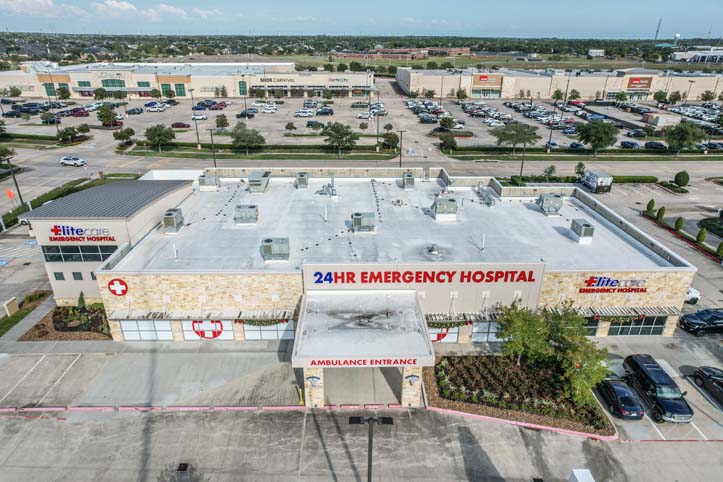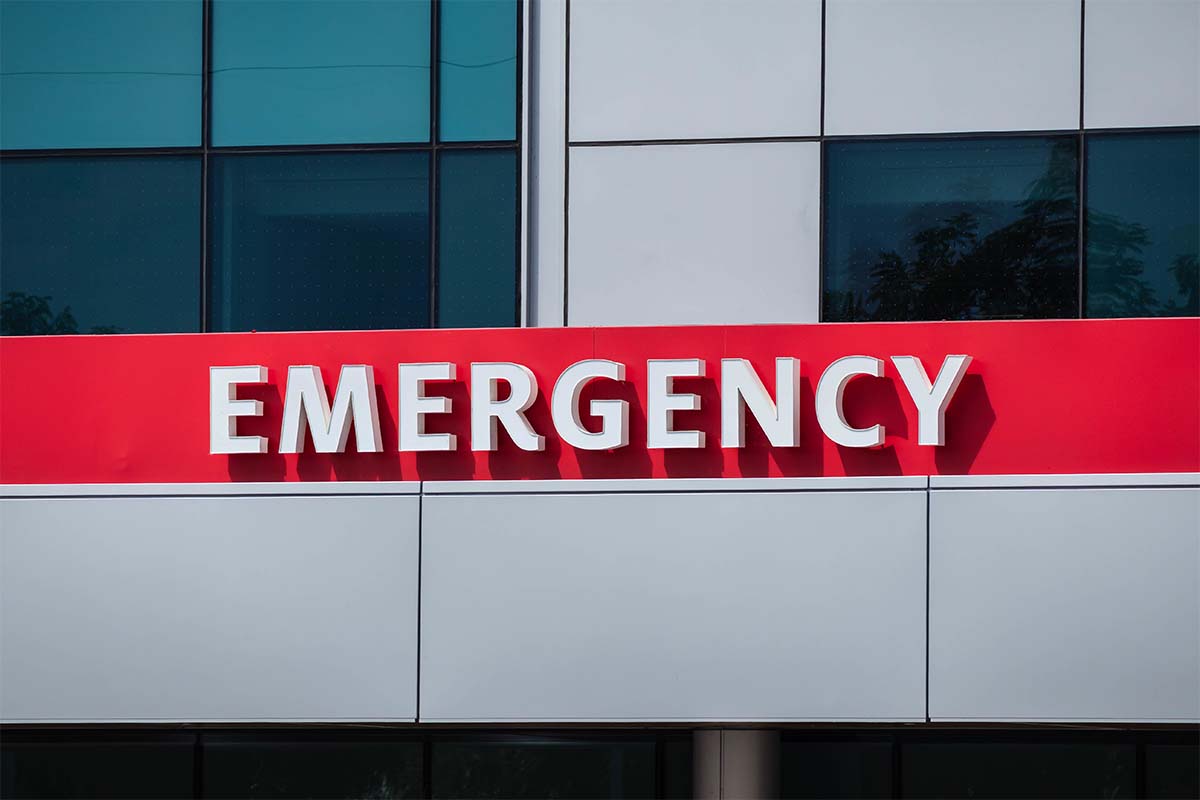
Over 700,000 people lose their lives by suicide every year, and for each suicide, there are more than 20 suicide attempts. These actions have a ripple effect, impacting families, friends, colleagues, communities, and societies. However, it’s essential to know that suicides are preventable, and there are ways to prevent them at the individual, community, and national levels.
World Suicide Prevention Day is an annual observance held on September 10th. It is a day dedicated to raising awareness about suicide, promoting mental health, and preventing suicide globally.
Warning Signs
The first step to helping people deal with suicide is recognizing the warning signs that someone may be at immediate risk for attempting it. These signs include:
- Expressing a desire to die or kill themselves
- Feeling empty, hopeless, or without purpose in life
- Believing there are no solutions to their problems and feeling trapped
- Experiencing intense emotional or physical pain
- Withdrawing from family and friends
- Engaging in reckless behavior that may result in death, like driving dangerously fast
- Frequently talking or thinking about death
Additionally, other severe warning signs indicate someone may be at risk for attempting suicide:
- Exhibiting extreme mood swings, rapidly transitioning from deep sadness to sudden calmness or happiness
- Formulating a plan or actively searching for ways to end their life, such as researching lethal methods or stockpiling pills
- Increasing substance abuse, relying on alcohol or drugs more frequently
- Demonstrating heightened anxiety or agitation
- Experiencing changes in eating or sleeping patterns
- Displaying anger or discussing seeking revenge
It is essential to remember that suicide is not a typical stress response. Suicidal thoughts or actions signify severe distress and must never be taken lightly. If you notice these warning signs in yourself or someone you know, seek help immediately, especially if the behavior is new or has recently escalated.
(Cleveland Clinic)
Suicide Prevention Strategies
Suicide is a serious concern, but the good news is that it can be prevented. There are strategies at all levels of society that can help prevent suicide.
- Individual prevention involves recognizing suicide warning signs and checking in on at-risk individuals. Encourage seeking help and promote mental health services.
- Families can foster open communication and healthy relationships, support members during tough times, and encourage seeking help.
- Communities can raise awareness of suicide warning signs, reduce mental health stigma, provide resources, and advocate for policies promoting mental health and suicide prevention.
(CDC)
Treatments And Therapies
Collaborative Care is a team-based approach to mental health care involving a behavioral health care manager working with the individual, their primary health care provider, and mental health specialists. This collaborative approach aims to develop a comprehensive treatment plan to address mental health concerns, including suicidal thoughts. Research has shown that collaborative care is effective in treating depression and reducing suicidal ideation.
Psychotherapies encompass various therapeutic interventions that can help individuals who have attempted suicide or are at risk. Two common types of psychotherapies include:
- Cognitive Behavioral Therapy (CBT): CBT helps individuals recognize and modify thought patterns contributing to distress and suicidal ideation.
- Dialectical Behavior Therapy (DBT): DBT effectively reduces suicidal behavior in adolescents and adults with borderline personality disorder.
In some cases, medication may benefit individuals at risk of suicide, particularly when they have co-occurring mental illnesses or substance use problems. By working closely with a health care provider, the proper combination of medications and appropriate dosages can be determined.
Brief interventions are targeted approaches that can significantly impact preventing suicide. This includes safety planning, collaboratively developing personalized safety plans with a caregiver, helping individuals identify coping strategies, limiting access to lethal means, and accessing supportive resources during a crisis.
(NIMH)
In case of emergency or if someone you know is in crisis and needs help, resources are available to provide support 24/7. You can call or text the 988 Suicide & Crisis Lifeline or seek emergency assistance by dialing 911. If you are concerned about a friend’s social media updates, contact the safety teams at the social media company, who can help connect them with the assistance they need. Remember that seeking help is a sign of strength, and reaching out for support can make all the difference in a crisis.
Works Cited:
World Health Organization. “Suicide.” World Health Organization, www.who.int/health-topics/suicide#tab=tab_1.
Cleveland Clinic, Cleveland Clinic Medical. “Recognizing Suicide Behavior: Risk Factors, Warning Signs, What to Do.” Cleveland Clinic, my.clevelandclinic.org/health/articles/11352-recognizing-suicidal-behavior.
Centers for Disease Control and Prevention. “Prevention Strategies.” Centers for Disease Control and Prevention, October 11th, 2022, www.cdc.gov/suicide/prevention/index.html.
National Institute of Mental Health. “Suicide Prevention.” National Institute of Mental Health, U.S. Department of Health and Human Services, www.nimh.nih.gov/health/topics/suicide-prevention.
If you would like to contact Elitecare Emergency Hospital, please click HERE
















